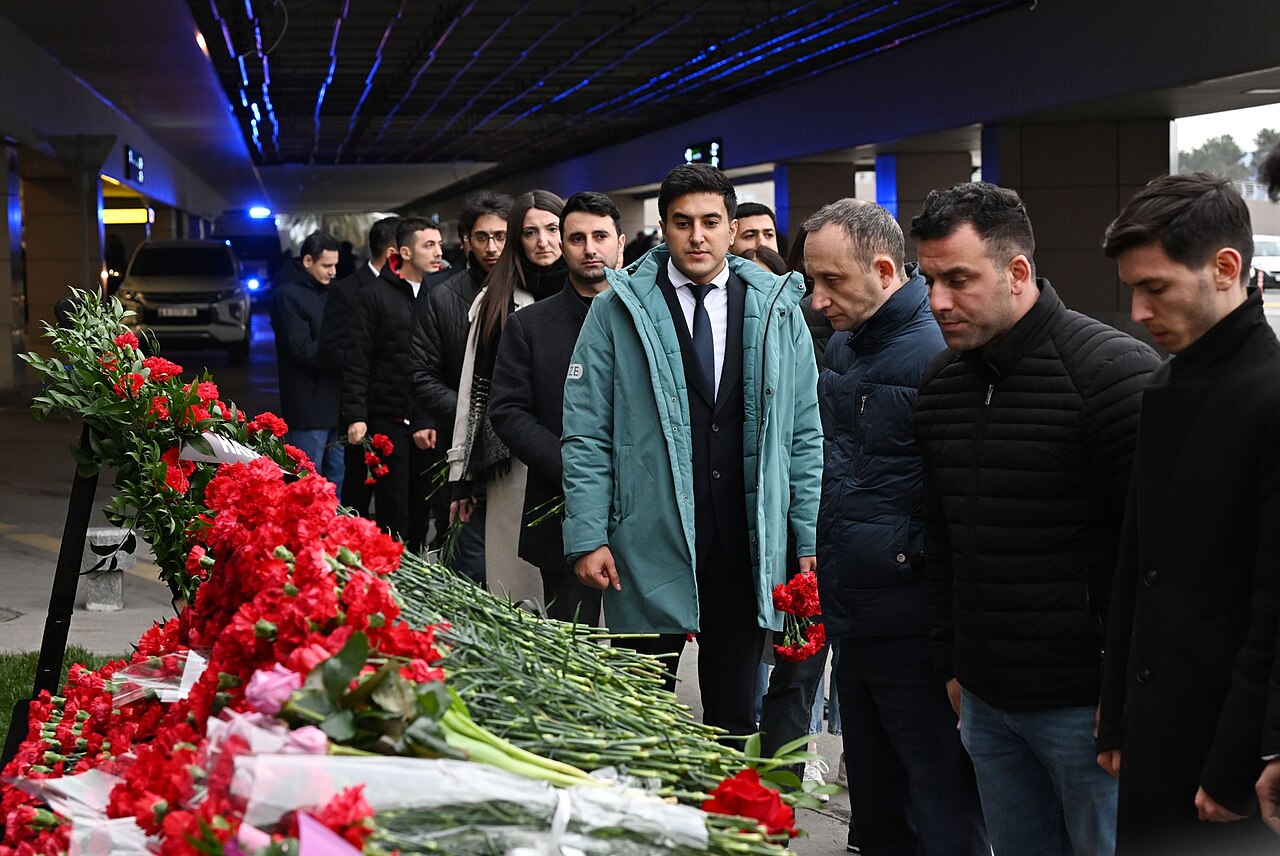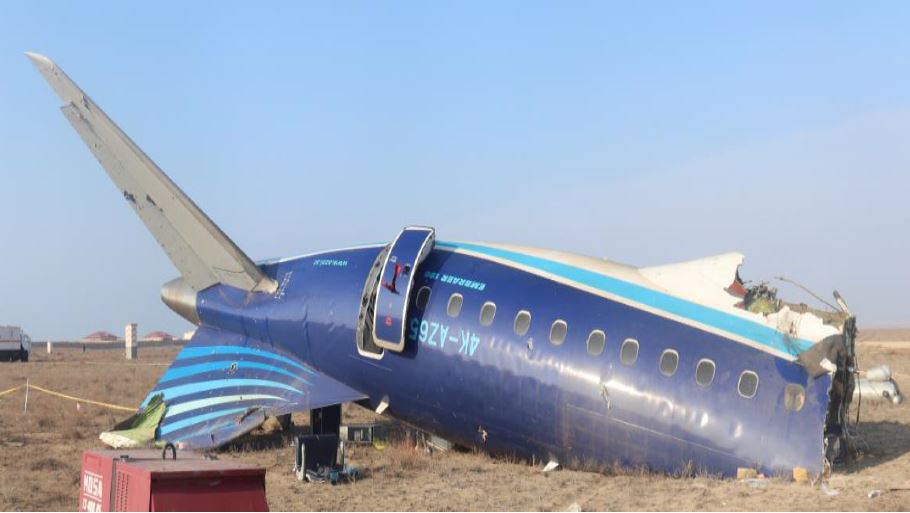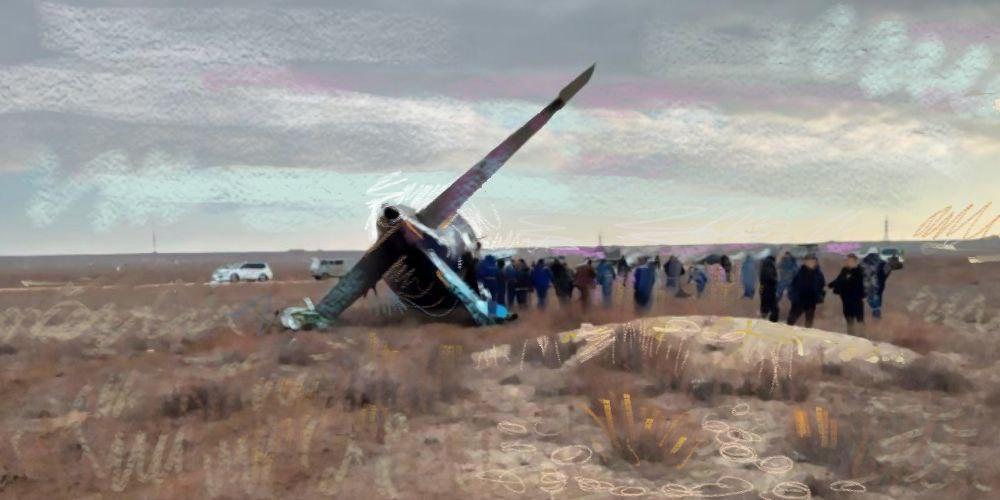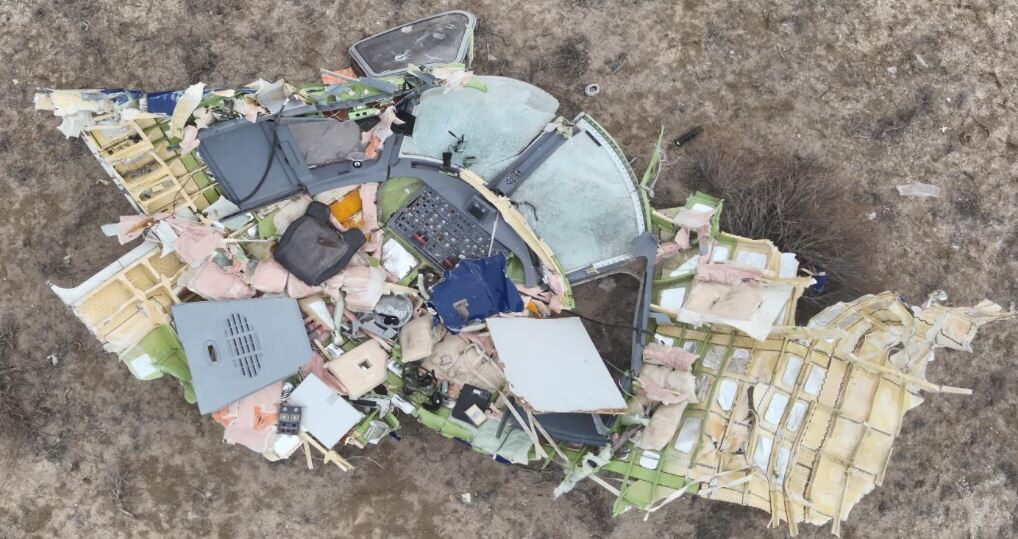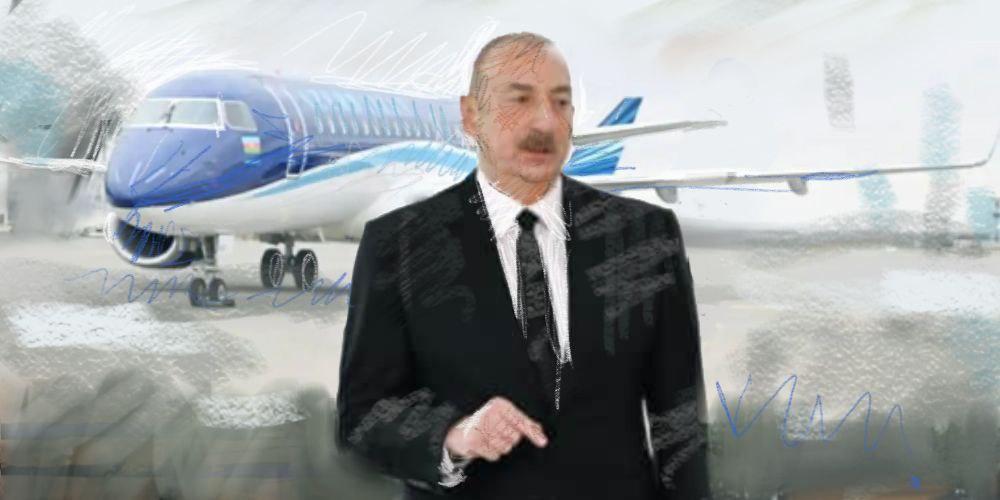The Azerbaijan Airlines plane crash near the Kazakh city of Aktau continues to dominate media discussions in Azerbaijan, Kazakhstan, and Russia. Public attention has centered on statements from Azerbaijan’s leader, Ilham Aliyev, who appears dissatisfied with Vladimir Putin’s vague apologies, as well as on the actions of Kazakh President Kassym-Jomart Tokayev, who faces the delicate challenge of conducting an investigation that satisfies both Baku and Moscow.
Tensions between Baku and Moscow have escalated, with both sides imposing mutual migration restrictions. Russians are now limited to 90 days per year in Azerbaijan, while Russia has enacted asymmetric measures against Azerbaijani citizens. Amid this backdrop, Kassym-Jomart Tokayev has taken personal control of the aviation accident investigation, which includes collaboration with specialists from both Azerbaijan and Russia.
On the evening of Sunday, December 29, the Commission on Aviation Incident Investigation, led by Kazakhstan’s Minister of Transport, Marat Karabayev, announced its decision to send the flight data recorder (black box) to Brazil’s Center for Investigation and Prevention of Aeronautical Accidents (CENIPA). Brazil is also the manufacturer of the Embraer aircraft involved in the crash.
According to the Kazakh authorities, the decision complies with the standards of Annex 13 of the Chicago Convention, which assigns responsibility for decoding flight recorders to the investigating country and allows it to select the location for the task. Kazakhstan, a member of the International Civil Aviation Organization (ICAO) since 1992, made the decision in alignment with this framework.
The commission emphasized that CENIPA possesses the necessary technical expertise, certified laboratories, and specialized equipment for decoding the flight data recorders.
Kazakh analyst Gaziz Abishev interprets the decision as a potential response to external pressure on Kazakhstan, though officials deny any such influence. According to Abishev, the rhetoric from Azerbaijan’s leadership reflects a lack of mutual understanding with Moscow, suggesting covert attempts to sway the investigation. “In this context, Kazakhstan’s decision to transfer the black box to CENIPA represents a principled step aimed at neutralizing pressure and ensuring an impartial decoding process that instills confidence in the international community,” Abishev stated.
A similar view is held by Aydos Sarym, a deputy in Kazakhstan’s Mazhilis.
“This is, in essence, a ‘Solomonic’ decision, as Azerbaijan is the aggrieved party, with the majority of victims being its citizens. President Aliyev has repeatedly emphasized Russia’s culpability in the tragedy and expressed distrust toward certain CIS institutions that have investigated past international incidents. To guarantee full transparency and objectivity, the decryption process has been entrusted to Brazil. This move seeks to accurately determine the cause of the tragedy and establish accountability while ensuring the investigation’s conclusions are accepted by all parties,” Sarym commented.
Azat Peruashev, leader of the parliamentary party Ak Zhol, also voiced support for the decision. He praised it as a testament to Tokayev’s diplomatic skill, describing him as a “high-class diplomat capable of finding balanced solutions in the most challenging situations.” Peruashev highlighted the advantages of shifting the investigation to a neutral and unbiased venue, allowing the manufacturer to confirm whether the crash was caused by external interference or structural issues.
This approach, according to Peruashev, removes doubts about the investigation’s credibility and helps de-escalate tensions between Azerbaijan and Russia. Most importantly, it enhances Kazakhstan’s reputation as a truly independent nation that adheres to international law and prioritizes transparency, even in highly sensitive and contentious circumstances.
